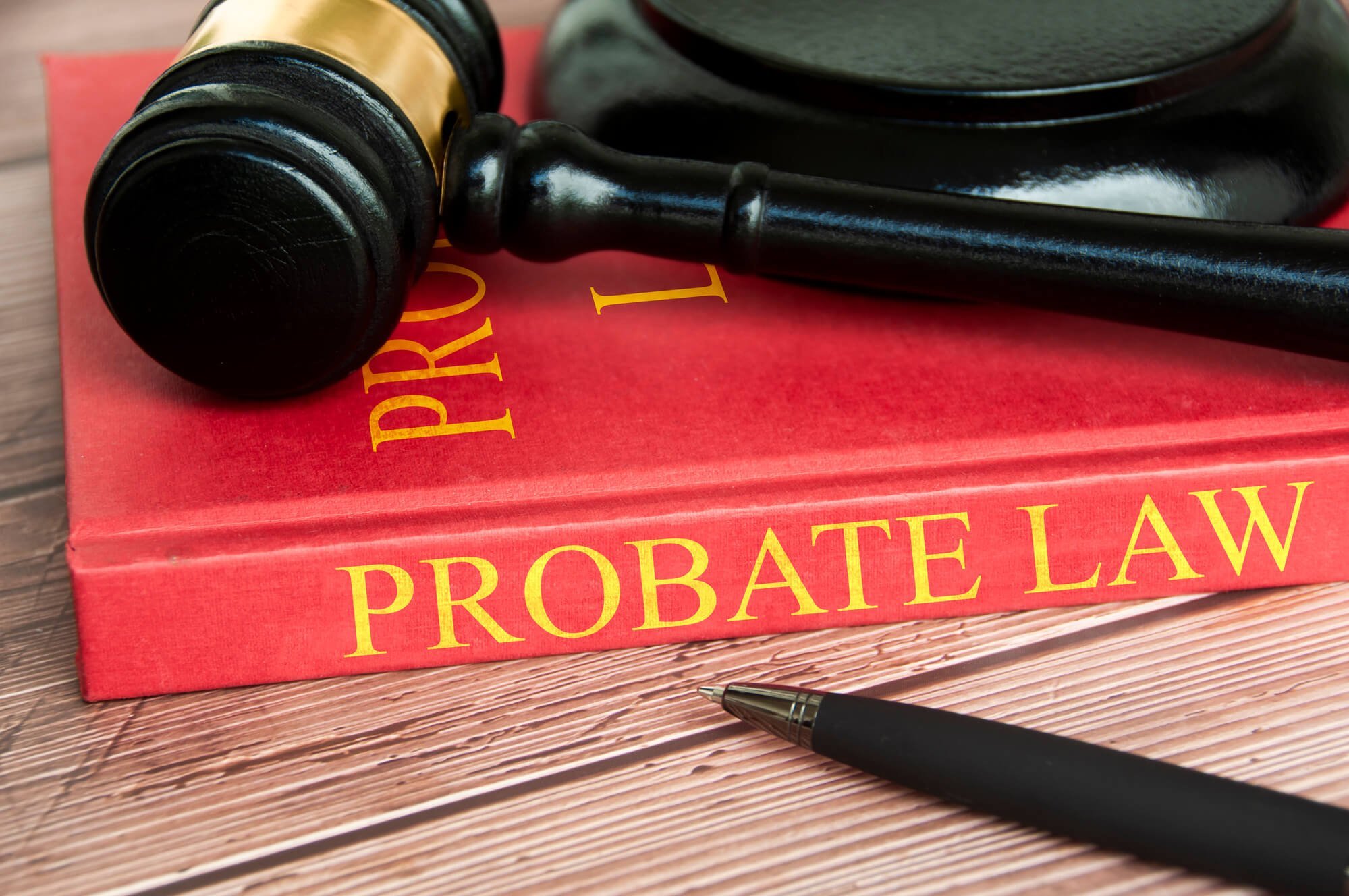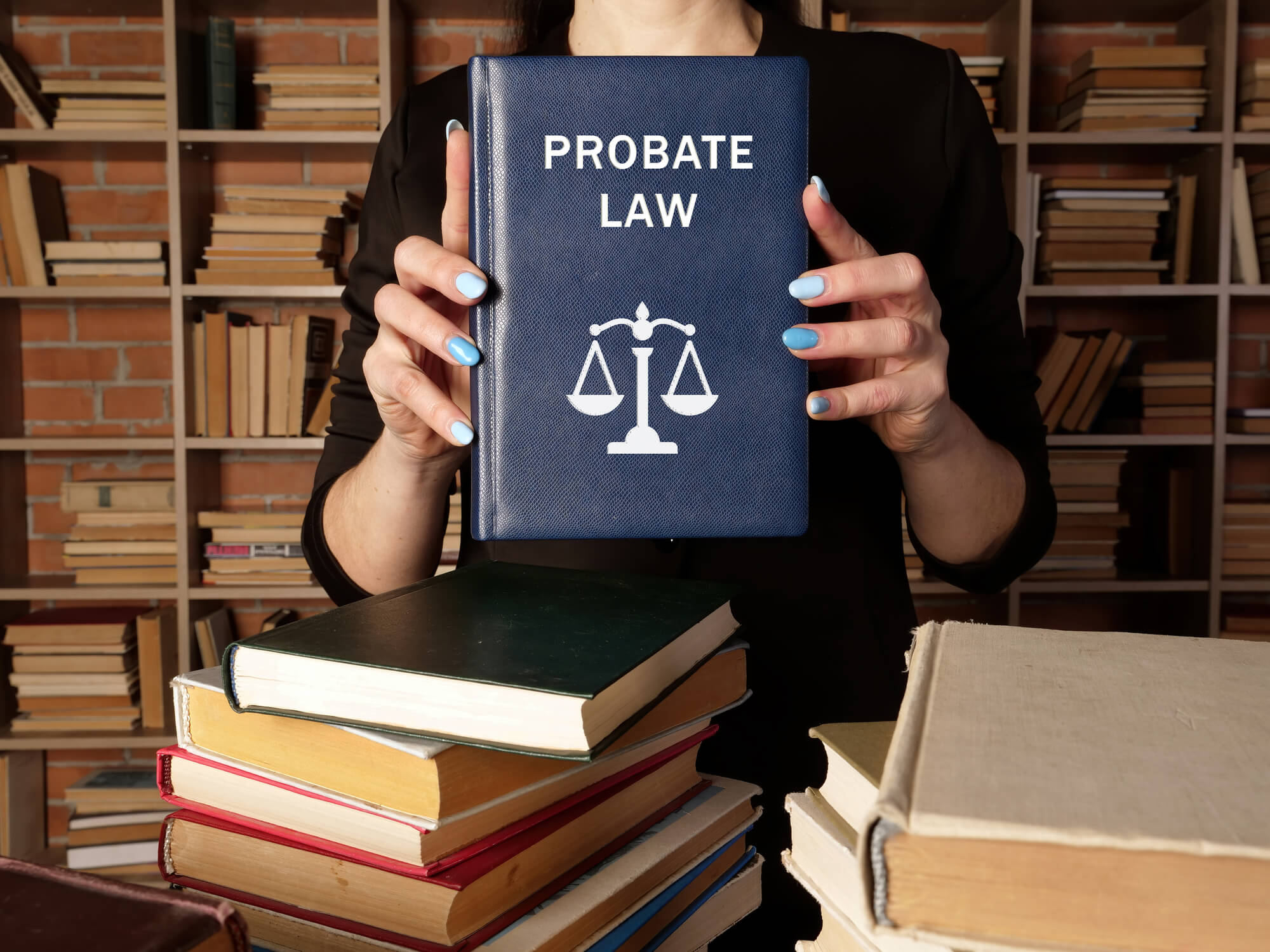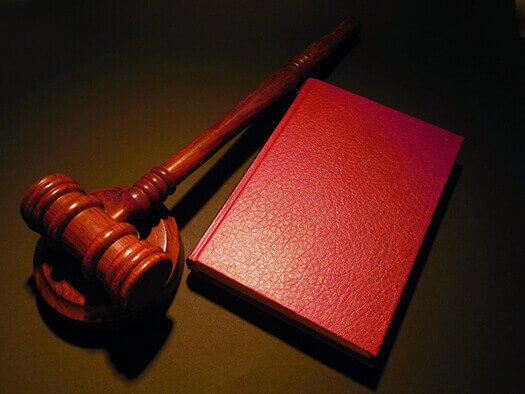Power of attorney and probate are two terms that people often misinterpret when it comes to the administration of a deceased’s estate. Although distinct, these two terms are often a source of confusion. Some believe that because a deceased person gave them a power of attorney while alive, they don’t need probate to administer their estate. However, this is very far from the truth, and we will clear up the confusion in this article.
But before we go into that nitty-gritty, let’s quickly distinguish between probate and power of attorney.

Difference Between Power of Attorney and Probate
A Lasting Power of Attorney in other words LPA is a legal document that empowers a person to make decisions on behalf of another person or otherwise deal with their affairs. On the other hand, a grant of probate is a public document showing the extent of the deceased assets. It also confirms whether or not the deceased had a will.
The difference between a power of attorney and probate is that a power of attorney only applies while the donor is alive. Once the donor dies, the probate process comes up so that the executor of their estate can distribute their assets. Without probate, there will be no public record of this relevant information.
Bearing these in mind, let’s answer whether or not you need probate if you have power of attorney.
Is Probate Necessary with a Power of Attorney?

The responsibility attached to a power of attorney ceases once death occurs. Any assets held by the holder of a power of attorney automatically transfer to the deceased’s estate. As a result, the executor of the deceased’s estate has the duty to handle these assets and distribute them accordingly.
But does the law permit appointing one with a power of attorney as a probate executor? Emphatically, yes! We will take a closer look at this below.
Can the Holder of a Power of Attorney be Appointed the Probate Executor?
Sometimes the recipient of a power of attorney may also be appointed the executor of the deceased’s estate. For one, the person trusted with the deceased’s assets while alive will likely have enough information to navigate the probate process easily. Besides that, one with a power of attorney is more likely to handle the deceased estate with integrity.

Be that as it may, this document (power of attorney) alone will not give them sufficient power to act over the deceased’s estate. Also, the type of assets the deceased had (if any) will determine whether probate is necessary.
Conclusion
A power of attorney alone does not give the legal capability to administer a deceased asset. All assets held by the holder of a power of attorney automatically transfer to the deceased’s estate once death occurs. However, the recipient of a power of attorney can also be appointed the executor of the deceased’s estate. But power of attorney alone will not give them sufficient power to act over the deceased’s estate. If you need further guidance to navigate the probate process, you can contact us.
Call now for probate service











